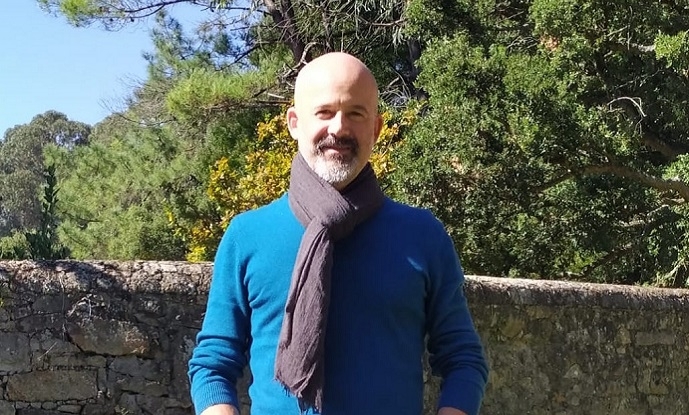Gabriel Marais
Associate Director for Research and Advanced Training
Details
Position
Associate Director for Research and Advanced Training
Member type
Researchers
Email
Degree
PhD
Address
CIBIO-InBIO, Universidade do Porto, Campus de Vairão, Rua Padre Armando Quintas, 4485-661 Vairão, Portugal
Groups
Originally from Paris, I graduated in Lyon and did a postdoc in Scotland. From 2004 to 2021, I was a CNRS scientist at Univ. of Lyon (France), where I started a research group called "sex and evolution”. I did two sabbaticals in Portugal: one at Instituto Gulbenkian de Ciência (2011-2012) and the other one at Instituto Superior de Agronomia (2019-2021).
These last 10 years, my research has focused on the biology of sexes, trying to understand how and why separate sexes evolve, how sex is determined, how and why sexual dimorphism is established and how separate sexes affects the whole biology of an organism (for example its aging process and its longevity). I have used an integrated approach combining genomics, bioinformatics, molecular evolution, phylogenetics and analysis of phenotypical data, with a field-to-sequences way of obtaining data in many projects. My group has put a lot of effort in developing non-standard bioinformatic and statistical methods to study sex chromosomes and has applied them to many organisms, mostly plants. Our projects have included many French and European collaborators. Our research has been supported by ANR funding mainly. More information can be found here: http://pbil.univ-lyon1.fr/members/marais/Lab_website-sept-2020/Home.html and there: https://lbbe-web.univ-lyon1.fr/en/sex-and-evolution-group (institutional website).
My research at CIBIO will focus on plants. Why separate sexes (dioecy) evolve and how sex is determined in plants is poorly known. We aim at studying dioecy and plant sex chromosomes using the non-standard methods previously developed. We will focus both on wild and cultivated dioecious plants, which are numerous. This will help to have a global understanding of separate sexes and sex determination in plants and in general. It will also provide useful tools and concepts for dioecious crop management.
I am also trained in positive psychology (university degree from Univ. Grenoble-Alpes, 2016) and have been involved in several research-action projects about well-being at work in academia. From 2018 to 2021, I was associate investigator at the psychology department in Grenoble. I was also member of a health and security committee for CNRS (Rhône-Auvergne region) from 2018 to 2021.


